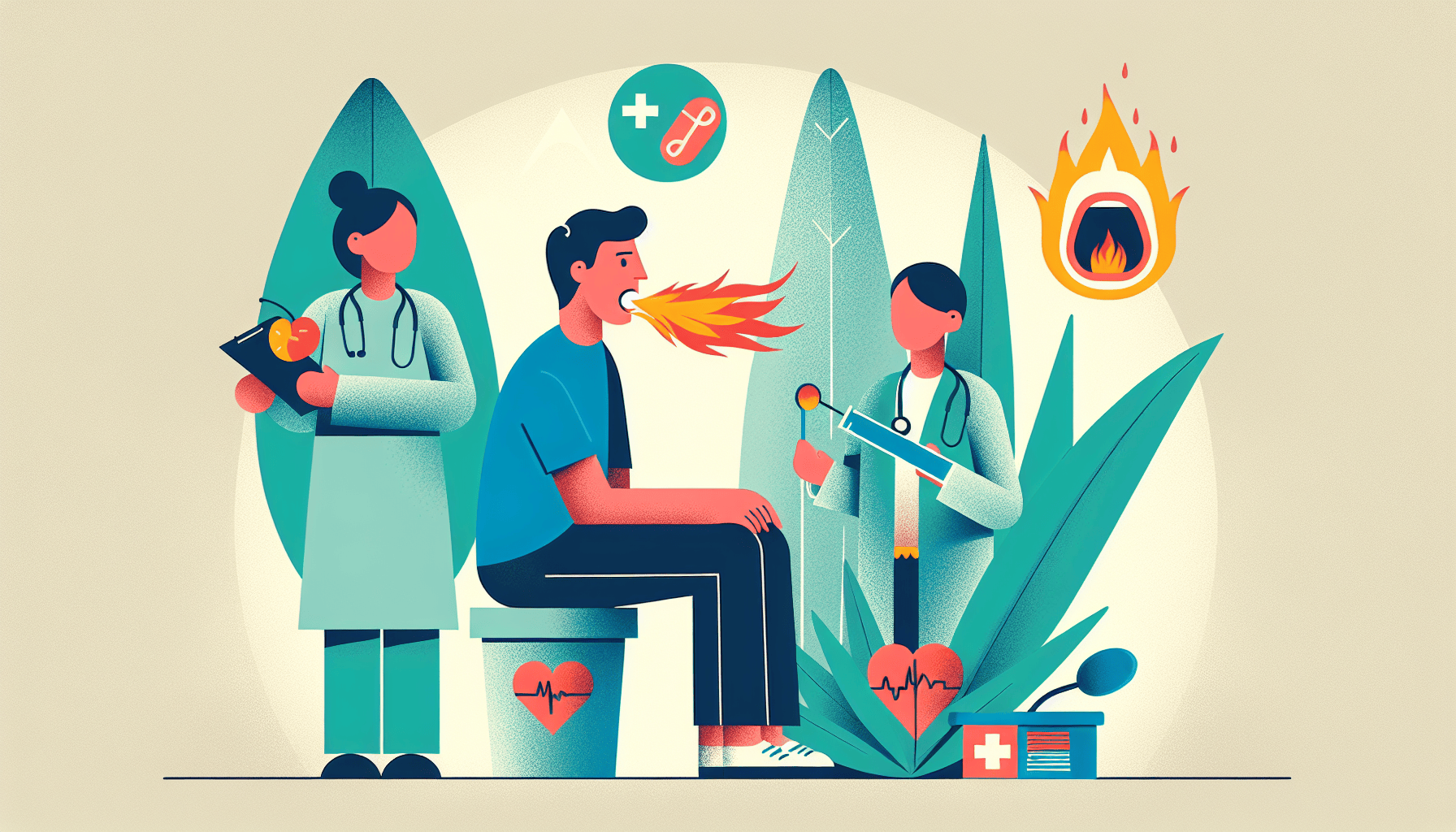Burning mouth syndrome is a chronic pain condition that affects the mouth, causing a burning sensation on the tongue, roof of the mouth, gums, lips, or throat. This condition can be frustrating and impact your daily life, but understanding its causes, symptoms, and treatment options can help you manage the pain and improve your overall well-being.
What Causes Burning Mouth Syndrome?
Burning mouth syndrome can be classified as either primary or secondary, depending on the underlying cause. Primary burning mouth syndrome has no identifiable cause, while secondary burning mouth syndrome is linked to other health conditions or factors, such as:
Acid reflux
Allergic reactions to dental materials
Hormonal changes (menopause, thyroid disorders, or diabetes)
Nutritional deficiencies (iron, vitamin B12, or folic acid)
Certain medications
Ill-fitting dentures
Stress and anxiety
Oral infections (thrush)
Symptoms of Burning Mouth Syndrome
The main symptom of burning mouth syndrome is a burning sensation in the mouth, which can feel like you've just consumed a hot beverage. Other symptoms may include:
Symptoms may worsen throughout the day and can persist for months or even years.
Diagnosing Burning Mouth Syndrome
To diagnose burning mouth syndrome, your doctor will review your symptoms, medical history, and any medications you're taking. They may also perform a physical examination of your mouth to check for infections or other visible issues. Additional tests may be necessary to rule out underlying health problems, such as:
Treatment Options for Burning Mouth Syndrome
Treatment for burning mouth syndrome depends on the underlying cause. If a secondary cause is identified, treating the underlying issue may resolve your symptoms. For primary burning mouth syndrome, treatment focuses on managing symptoms and improving quality of life. Options may include:
Medications for nerve pain (amitriptyline, nortriptyline, gabapentin)
Alpha-lipoic acid
SSRI/SNRI Medications (Duloxetine, sertraline, etc.)
Capsaicin (a pain reliever derived from hot peppers)
Low-dose clonazepam
Hormone replacement therapy (for postmenopausal women)
Saliva replacement products
Vitamin supplements
In addition to medical treatments, lifestyle changes can help manage burning mouth syndrome symptoms:
Avoiding acidic, spicy, and minty foods
Quitting smoking and limiting alcohol consumption
Chewing sugar-free gum to stimulate saliva production
Staying hydrated
Managing stress through relaxation techniques or hobbies
Maintaining social connections and seeking support
If you experience persistent burning mouth pain, consult your dentist or doctor for a proper diagnosis and personalized treatment plan. With the right approach, you can effectively manage burning mouth syndrome and improve your overall well-being.
For more information on burning mouth syndrome and other oral health topics, visit:



